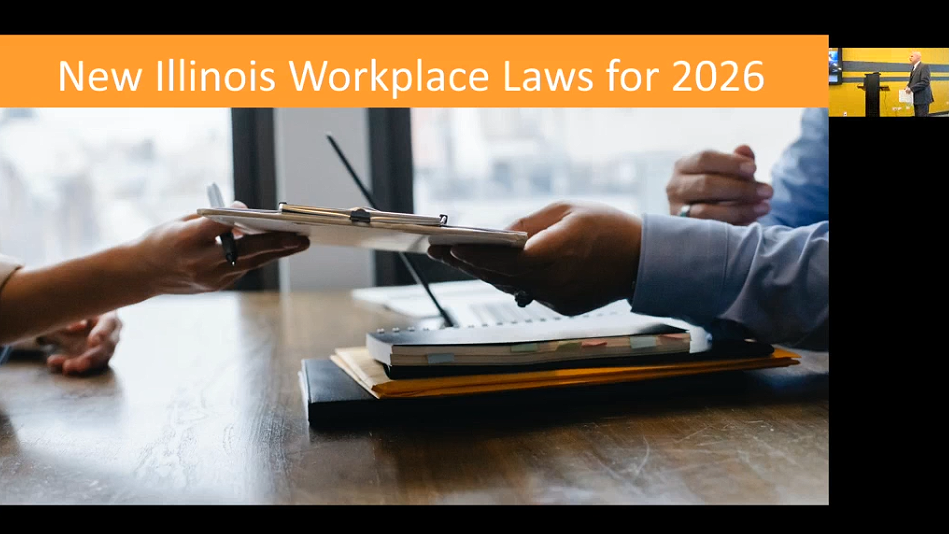Banking and Business Monthly – April 2024
Delaware Chancery Court Nullifies Common Stockholder Agreement Terms

In a significant ruling by the Delaware Court of Chancery, specific terms within a stockholder agreement were invalidated. Presided over by Vice Chancellor J. Travis Laster, the case of West Palm Beach Firefighters’ Pension Fund v. Moelis & Co., No. 2023-0309-JTL (Del. Ch. Feb. 23, 2024), scrutinized the limitations imposed on the board of directors’ authority by a stockholder agreement under the Delaware General Corporation Law (“DGCL”). This decision challenges the conventional structuring of stockholder agreements involving a controlling stockholder.
Moelis & Company, an internationally recognized investment bank, transitioned from a private to a public entity in 2014. Before its IPO, a stockholder agreement was reached between the company’s founder, Ken Moelis, and three affiliate entities, granting substantial rights and control over the company’s board of directors. Among the rights were comprehensive pre-approval rights spanning 18 distinct categories of board actions, including incurring certain debt, issuing securities, entering into new lines of business and certain contracts, hiring or firing officers, and issuing dividends (collectively, the “Pre-Approval Requirements”), and control over the board’s composition and committee structure.
The Delaware Court of Chancery’s decision to grant partial summary judgment in favor of the plaintiff invalidated several key components of the stockholder agreement. The court found that these components contravened Sections 141(a) and 141(c) of the DGCL, which safeguard the board’s authority to govern and manage the corporation’s affairs without undue interference. The court’s judgment zeroed in on those terms that effectively reallocated decision-making powers from the collective board to an individual, thereby diminishing the board’s inherent governance capabilities.
The court applied a two-pronged analysis aimed at discerning the nature of the contested terms. The first prong required the court to determine whether the stockholder agreement’s terms were part of an internal governance arrangement rather than an external commercial contract. Because this prong was satisfied, the court then examined the second prong, applying the Abercrombie test to gauge the extent of encroachment on directors’ managerial discretion and to invalidate terms that substantially limit directors’ judgment on management matters or restrict their decision-making. The analysis revealed that the Pre-Approval Requirements improperly delegated board authority and constrained directors’ independent judgment. Similarly, the agreement’s stipulations on board and committee composition were found to unlawfully restrict the board’s discretion, thus breaching the DGCL’s statutory mandates.
However, the court did uphold the validity of three of the board composition provisions, (1) the designation right, allowing Mr. Moelis to designate a certain number of directors for election based on his percentage of voting power (subject to certain qualifications and limitations); (2) the nomination requirement, requiring the Board to nominate Mr. Moelis’ designees for election as directors; and (3) the efforts requirement, requiring the Company to use reasonable efforts to cause Mr. Moelis’ designees to be elected and continue to serve as directors. The court held these provisions did not violate the DGCL because they only allowed Mr. Moelis to identify and facilitate director candidates for election, but did not bind the Board to a particular course of action.
The implications of this ruling extend beyond Moelis & Company, signaling a significant shift in the corporate governance of Delaware corporations. The decision underscores the critical importance of constructing stockholder agreements that respect the statutory authority of the board of directors. Delaware corporations are urged to review their governance documents, especially those pertaining to board authority and stockholder rights, to ensure compliance with the DGCL.
This verdict also prompts a broader reflection on corporate governance practices, encouraging businesses to explore alternative strategies for aligning interests between boards and stockholders. As suggested by the court, moving certain terms from stockholder agreements directly into the company’s certificate of incorporation may offer a legally sound avenue for achieving the objectives traditionally sought through stockholder agreements, because Section 141(a) of the DGCL expressly allows for charter-based limits on board authority.
In sum, the Delaware Court of Chancery nullified many stockholder agreement terms previously thought to be “market” or common. This case highlights the necessity for companies to stay abreast of legal developments and to proactively adapt their corporate governance structures in response to evolving legal standards. Delaware corporations are advised to seek knowledgeable legal counsel to review their corporate governance documents and determine whether they remain enforceable. For further inquiries or questions, please contact me at smigala@lavellelaw.com or (847) 705-7555. Thanks go to Nathan Toy for his assistance with this month’s article.
More News & Resources
Lavelle Law News and Events












